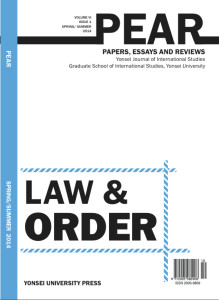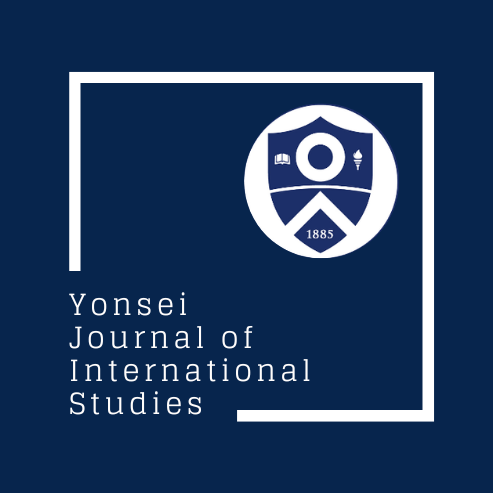 Title: Brushed Past: US-CCP Relations, 1941-45
Title: Brushed Past: US-CCP Relations, 1941-45
Author: Jie Gao & Sean J. McLaughlin
Affiliation: Carroll University & University of Wisconsin-Whitewater
Issue: Law & Order – Volume 6 Issue 1
Publisher: Yonsei University Press
Download as PDF
This article explores the controversial “lost chance theory” that CCP leader Mao Zedong genuinely wished to build a working relationship with the Roosevelt and Truman administrations, but was rebuffed by short-sighted decision makers in Washington who passed on the opportunity to cooperate with China’s future ruler. The authors note key historiographical developments and explain the major arguments both for and against the lost chance theory before advancing a post-revisionist position that its opponents have in recent years inadvertently created the false impression that there was never any real possibility that Washington and the CCP might have built a positive working relationship during the war years, while the window for CCP-US cooperation was far more ephemeral than lost chancers understood. This paper argues that Mao’s wartime expressions of his desire to work with the United States were indeed sincere through to the end of 1944, however by the spring of 1945 cooperation had become an impossibility because the Roosevelt administration badly misread Jiang Jieshi’s ability to unite the country and clung to unfounded suspicions that the CCP would serve as an obedient Soviet proxy in East Asia.
To read more click Page 2 below
